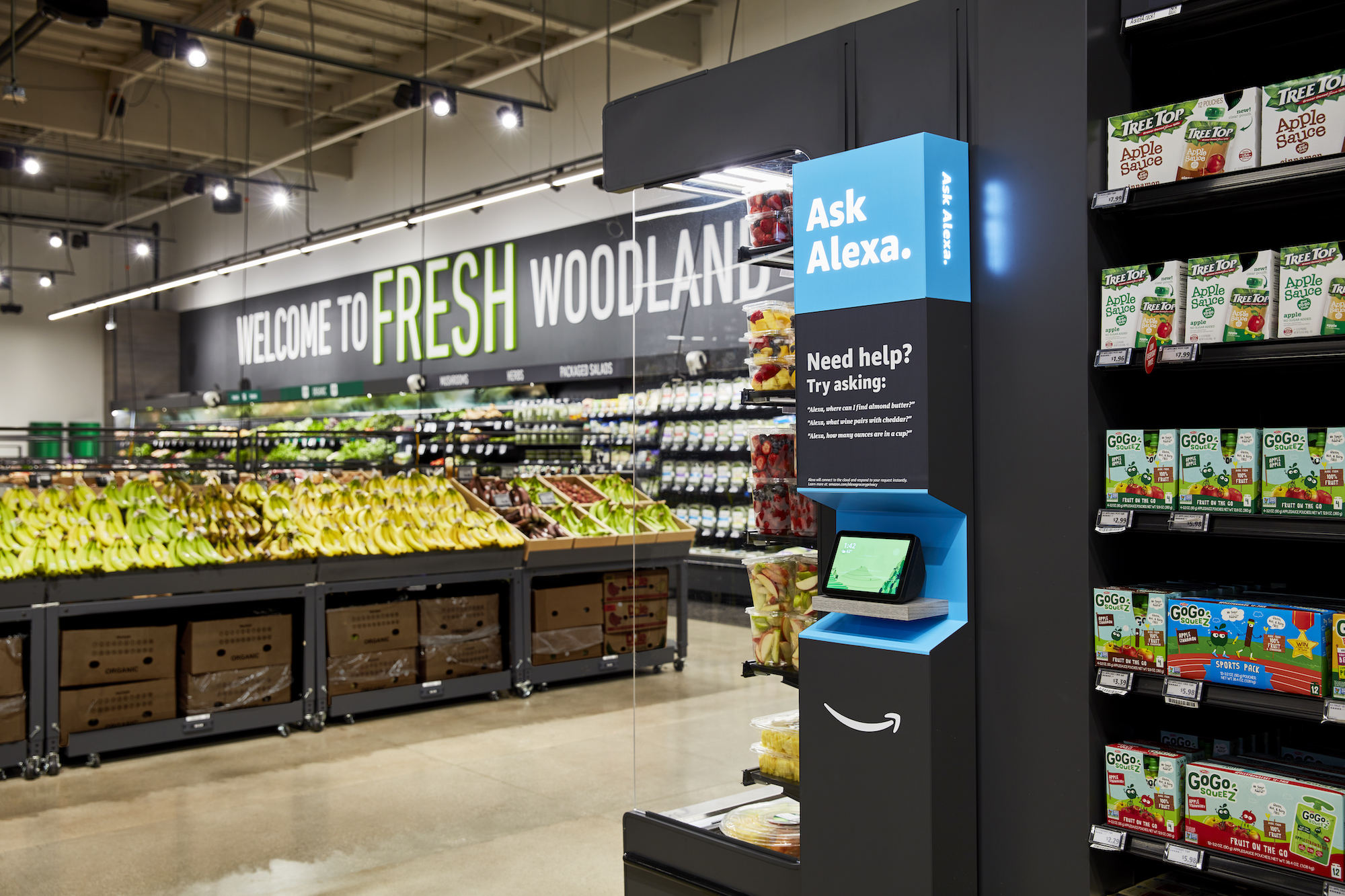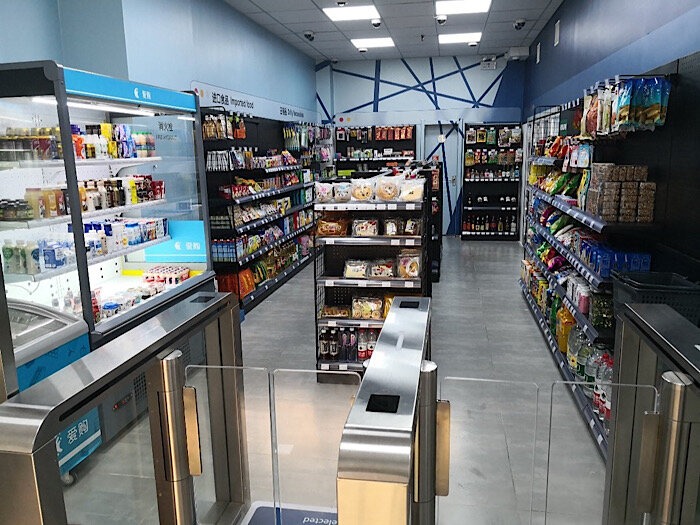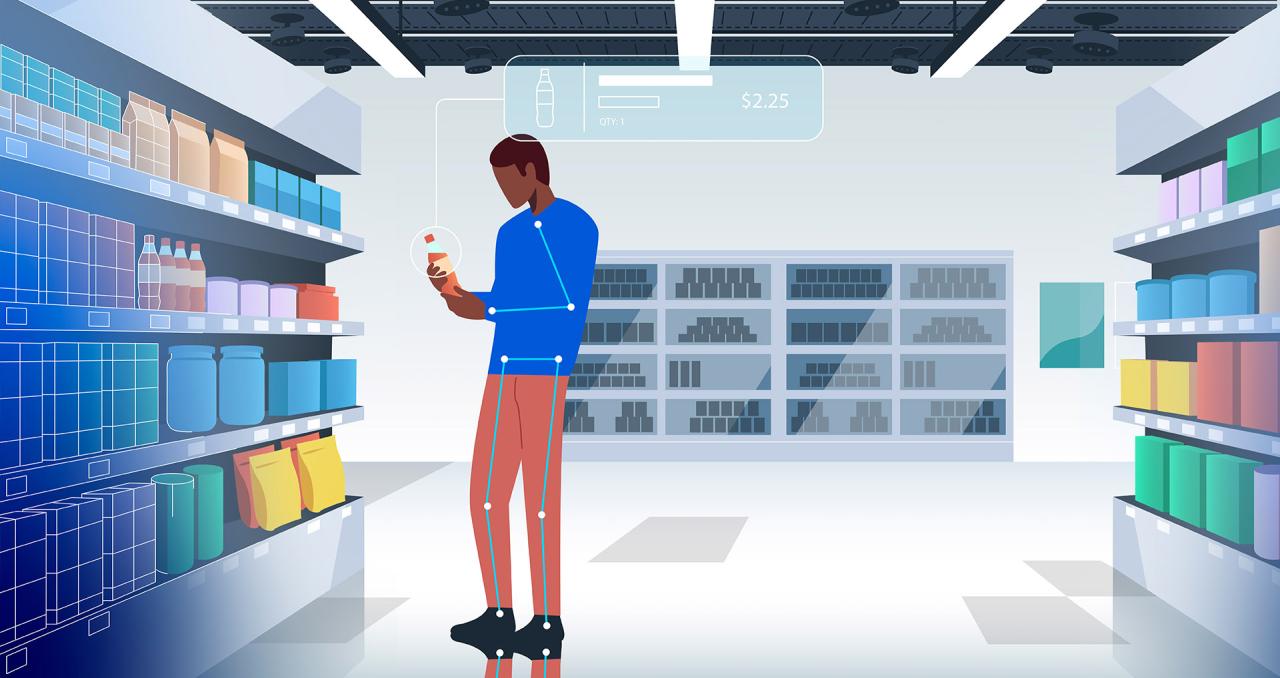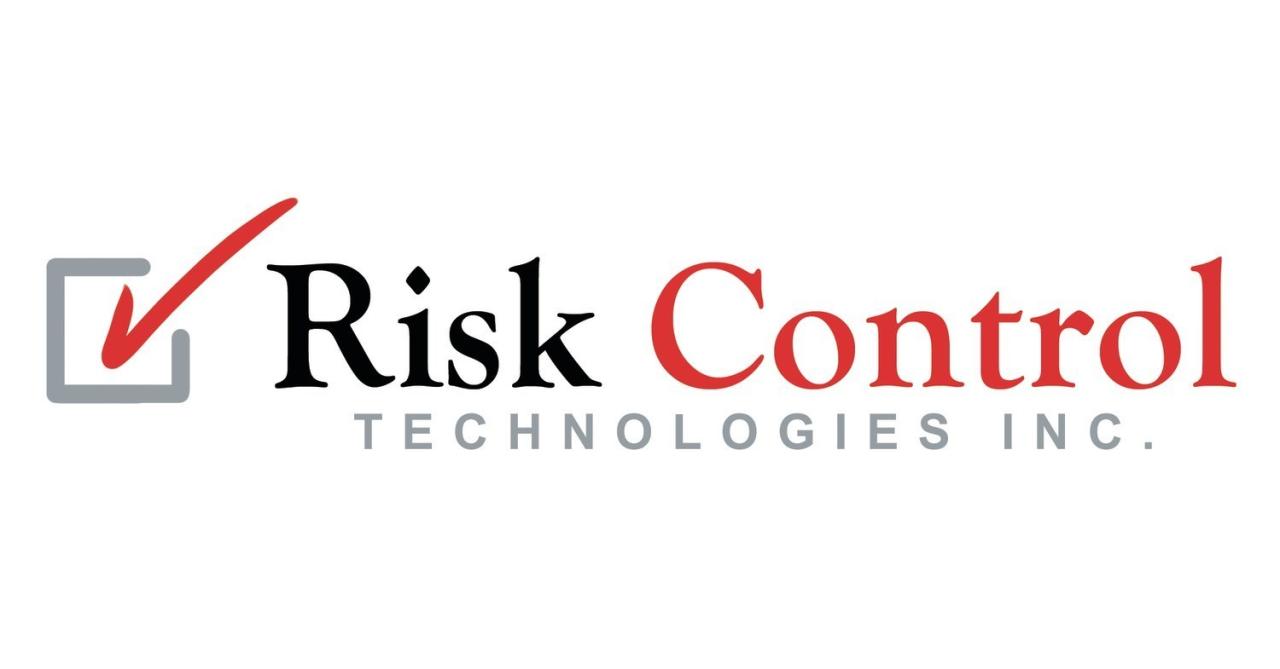Retail Technology Companies: Shaping the Future of Commerce
Retail technology companies are at the forefront of revolutionizing the way we shop. From sleek point-of-sale systems to powerful e-commerce platforms, these companies are transforming the customer experience, streamlining operations, […]
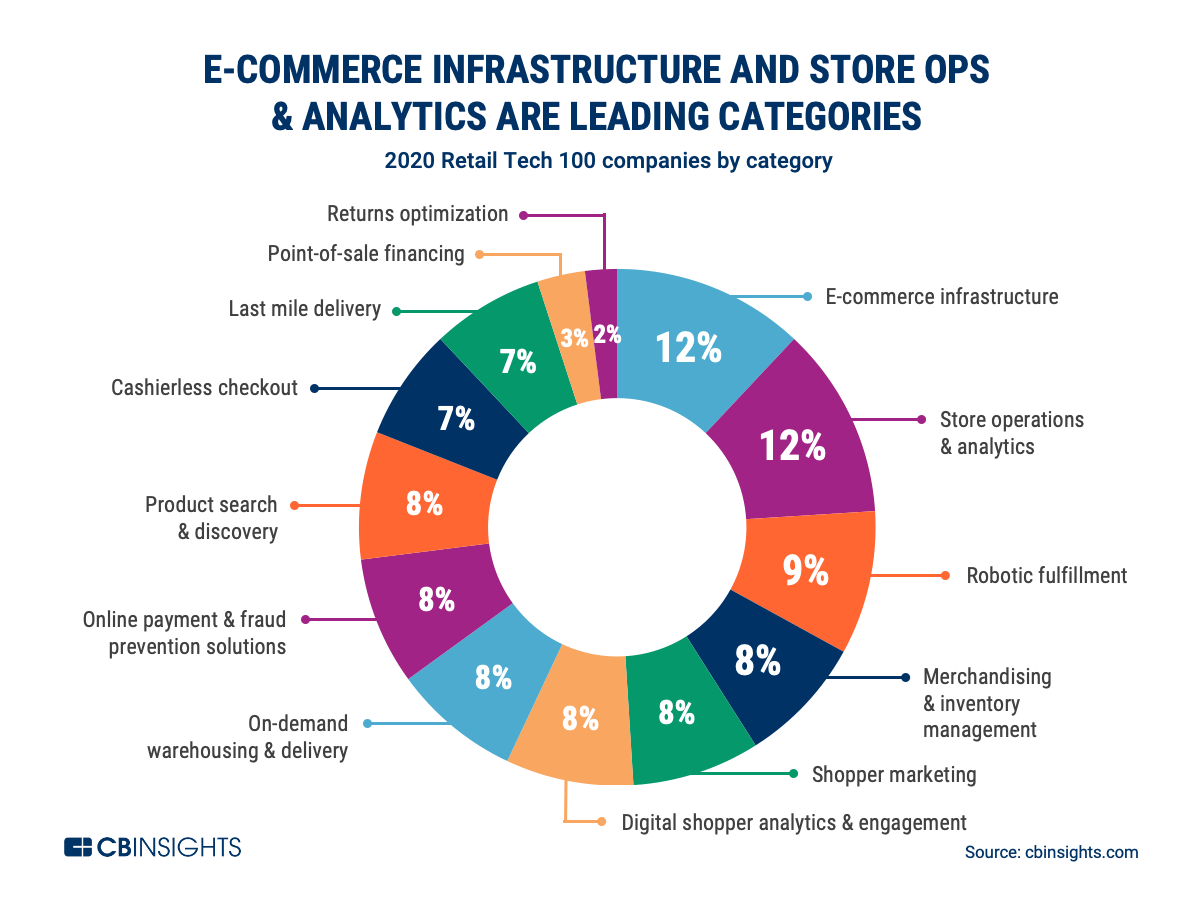
Retail technology companies are at the forefront of revolutionizing the way we shop. From sleek point-of-sale systems to powerful e-commerce platforms, these companies are transforming the customer experience, streamlining operations, and creating entirely new business models. The rise of retail technology has been a dynamic journey, marked by key milestones and trends that have reshaped the industry.
This journey began with the emergence of early point-of-sale systems and online marketplaces. Over time, these technologies evolved, leading to the development of sophisticated e-commerce platforms, inventory management software, and customer relationship management tools. Today, retail technology companies offer a diverse range of solutions that cater to the needs of businesses across all sectors, from small startups to large enterprises.
Key Trends in Retail Technology: Retail Technology Companies

The retail landscape is rapidly evolving, driven by technological advancements that are transforming the way consumers shop and retailers operate. Emerging technologies like artificial intelligence (AI), augmented reality (AR), and blockchain are reshaping the industry, creating new opportunities and challenges for retail technology companies.
Artificial Intelligence (AI)
AI is revolutionizing retail by automating tasks, personalizing customer experiences, and optimizing operations. AI-powered chatbots provide instant customer support, while recommendation engines suggest products based on individual preferences.
- Personalized Recommendations: AI algorithms analyze customer data, such as purchase history, browsing behavior, and demographics, to deliver personalized product recommendations. For example, Amazon’s recommendation engine suggests products based on past purchases and browsing activity, leading to increased sales and customer satisfaction.
- Inventory Management: AI-powered systems can optimize inventory levels by forecasting demand and predicting stockouts. Walmart uses AI to predict demand for specific products in different locations, ensuring that shelves are stocked appropriately.
- Fraud Detection: AI algorithms can identify and prevent fraudulent transactions by analyzing patterns in purchase data and identifying anomalies. Companies like Mastercard use AI to detect fraudulent transactions in real-time, protecting both consumers and businesses.
Augmented Reality (AR)
AR enhances the shopping experience by overlaying digital information onto the real world. Consumers can visualize products in their own space, try on clothes virtually, and get interactive product information.
- Virtual Try-On: AR allows customers to virtually try on clothes, makeup, and accessories without physically visiting a store. Companies like Sephora and Warby Parker offer AR try-on features, allowing customers to experiment with different styles and products from the comfort of their homes.
- Product Visualization: AR enables customers to visualize how products would look in their own environment. IKEA’s AR app allows users to place virtual furniture in their homes, providing a realistic preview before making a purchase.
- Interactive Product Information: AR can provide interactive product information, such as detailed descriptions, reviews, and comparisons. For example, a customer could point their smartphone at a product on a shelf to access additional information or view a 360-degree view.
Blockchain
Blockchain technology offers a secure and transparent way to track products, manage supply chains, and ensure authenticity.
- Supply Chain Transparency: Blockchain enables tracking of products from origin to consumer, providing transparency and accountability throughout the supply chain. For example, Walmart uses blockchain to track the provenance of its food products, ensuring safety and quality.
- Product Authenticity: Blockchain can be used to verify the authenticity of products, preventing counterfeiting and ensuring that consumers are buying genuine goods. Luxury brands like Louis Vuitton and Gucci are using blockchain to authenticate their products and combat counterfeiting.
- Loyalty Programs: Blockchain can enhance loyalty programs by providing secure and transparent rewards systems. Companies can use blockchain to track customer points, redeem rewards, and ensure fairness and transparency.
Challenges and Opportunities for Retail Technology Companies
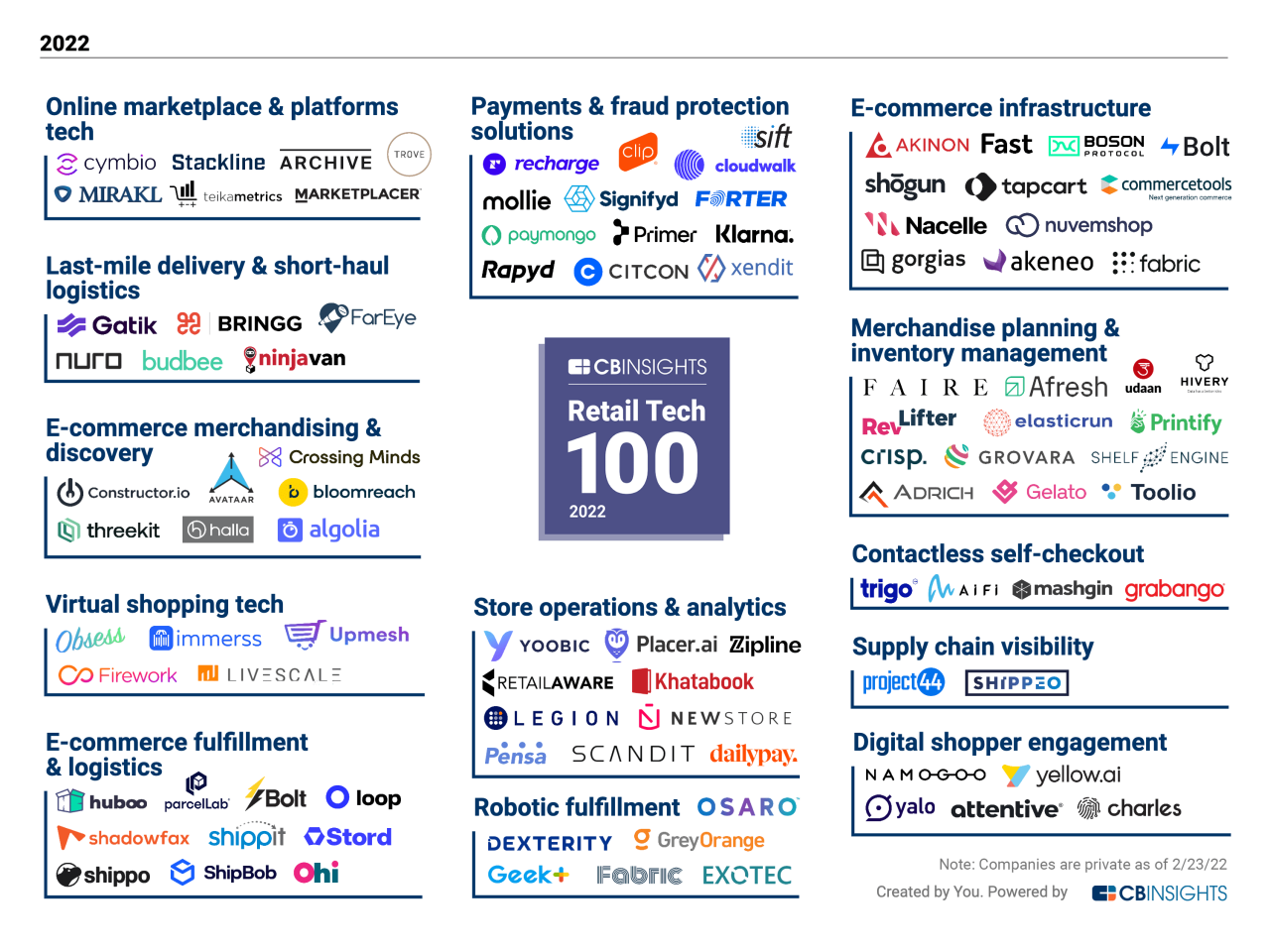
The retail technology landscape is constantly evolving, presenting both challenges and opportunities for companies operating in this space. While the potential for growth and innovation is immense, navigating the complexities of this dynamic environment requires careful consideration of the hurdles that lie ahead.
Competition in the Retail Technology Market
The retail technology market is highly competitive, with numerous established players and emerging startups vying for market share. This intense competition can make it difficult for new entrants to gain a foothold and for existing companies to maintain their market position.
- Established players: Large technology companies such as Microsoft, Amazon, and Google are increasingly investing in retail technology solutions, leveraging their existing resources and market reach to compete with specialized retail technology companies.
- Emerging startups: A surge in innovative startups is disrupting traditional retail models, offering niche solutions and agile approaches that appeal to specific customer segments and business needs.
- Differentiation and Value Proposition: To stand out in a crowded market, retail technology companies need to clearly define their value proposition, target specific customer segments, and offer solutions that address unique pain points and deliver tangible business value.
Data Security and Privacy Concerns in Retail Technology
Retail technology companies handle vast amounts of sensitive customer data, making data security and privacy a paramount concern. Breaches and data leaks can damage a company’s reputation, erode customer trust, and result in significant financial penalties.
- Data breaches: High-profile data breaches in the retail sector have highlighted the vulnerabilities of sensitive customer information, raising awareness and prompting stricter regulations.
- Compliance with regulations: Companies must comply with evolving data privacy regulations such as the General Data Protection Regulation (GDPR) and the California Consumer Privacy Act (CCPA), ensuring robust data security measures and transparent data handling practices.
- Data governance and ethical considerations: Beyond legal compliance, retail technology companies need to prioritize data governance, ethical data use, and customer consent, fostering trust and responsible data management.
Integration with Legacy Systems in Retail
Many retailers rely on legacy systems that may be outdated, incompatible with modern technologies, and difficult to integrate with new solutions. This can pose significant challenges for retail technology companies seeking to implement their solutions within existing retail infrastructure.
- Compatibility issues: Integrating new technologies with legacy systems often requires complex technical workarounds and can lead to compatibility issues, performance bottlenecks, and data inconsistencies.
- Cost and time constraints: Upgrading or replacing legacy systems can be costly and time-consuming, requiring significant investment and disruption to ongoing operations.
- Seamless integration: Retail technology companies need to prioritize seamless integration with existing systems, minimizing disruption, ensuring data accuracy, and optimizing performance for a smooth user experience.
Opportunities for Growth and Innovation in Retail Technology, Retail technology companies
Despite the challenges, the retail technology sector presents significant opportunities for growth and innovation, driven by evolving consumer preferences, technological advancements, and the need for retailers to adapt to a rapidly changing market.
- Emerging technologies: Technologies such as artificial intelligence (AI), machine learning (ML), augmented reality (AR), and virtual reality (VR) are transforming the retail landscape, offering new possibilities for personalized experiences, optimized operations, and enhanced customer engagement.
- E-commerce growth: The continued growth of e-commerce is creating demand for innovative solutions that enhance online shopping experiences, streamline order fulfillment, and optimize logistics.
- Omnichannel retail: Retailers are increasingly adopting omnichannel strategies, integrating online and offline channels to provide seamless customer experiences. This trend creates opportunities for retail technology companies to develop solutions that bridge the gap between physical and digital channels.
Key Factors for Success in Retail Technology
To thrive in this dynamic environment, retail technology companies need to focus on key factors that will determine their success in the long term.
- Innovation and agility: Continuously innovating and adapting to changing market demands is crucial for staying ahead of the competition and meeting evolving customer expectations.
- Customer focus: Understanding customer needs and delivering solutions that address specific pain points and enhance the customer experience is essential for building brand loyalty and driving growth.
- Strategic partnerships: Collaborating with retailers, technology providers, and other stakeholders can expand reach, access new markets, and leverage complementary expertise to develop innovative solutions.
- Data-driven decision-making: Leveraging data analytics to gain insights into customer behavior, market trends, and operational performance is essential for making informed decisions and optimizing business strategies.
- Strong financial foundation: Securing adequate funding, managing financial resources effectively, and demonstrating a clear path to profitability are critical for sustained growth and long-term success.
Future of Retail Technology
The retail landscape is rapidly evolving, driven by advancements in technology and shifting consumer expectations. Retail technology is playing a pivotal role in this transformation, shaping the future of shopping and creating a more personalized, seamless, and efficient experience for customers.
The Future of Retail Technology
The future of retail technology is an exciting blend of emerging technologies, evolving customer expectations, and the power of data analytics. Here’s a glimpse into the potential trajectory:
| Emerging Technologies | Predictions |
|---|---|
| Artificial Intelligence (AI) and Machine Learning (ML) | AI will become ubiquitous in retail, powering personalized recommendations, automated inventory management, and even customer service chatbots. ML will enable retailers to analyze vast amounts of data, predicting customer behavior and optimizing pricing strategies. |
| Internet of Things (IoT) | IoT devices will connect physical stores to the digital world, enabling real-time inventory tracking, smart shelves, and interactive displays. This will lead to a more immersive and engaging shopping experience. |
| Augmented Reality (AR) and Virtual Reality (VR) | AR and VR will revolutionize product visualization and try-on experiences. Customers will be able to virtually try on clothes, visualize furniture in their homes, and explore products in interactive 3D environments. |
| Blockchain Technology | Blockchain will enhance supply chain transparency, enabling retailers to track products from origin to delivery, reducing fraud and improving efficiency. It can also facilitate secure and transparent transactions. |
A Hypothetical Future Retail Experience
Imagine walking into a store equipped with smart shelves that recognize you and display personalized recommendations based on your past purchases and preferences. As you browse, an AR-powered app allows you to virtually try on clothes or visualize furniture in your living room. You can interact with AI-powered chatbots for assistance, and the store’s digital signage dynamically adapts to your interests. Behind the scenes, blockchain technology ensures the authenticity of products and tracks their journey from the supplier to your hands. This seamless blend of physical and digital elements creates an immersive and personalized shopping experience, catering to your individual needs and preferences.
Impact of Retail Technology on the Future of Work
Retail technology is transforming the industry’s workforce, creating new roles and demanding new skills. As automation and AI take over routine tasks, the focus will shift towards roles requiring analytical thinking, creativity, and human interaction.
“The future of retail is about human connection, not human replacement.”
Retailers will need to invest in upskilling their employees, equipping them with the skills needed to thrive in a technology-driven environment. These include:
- Data analysis and interpretation
- Customer service and communication
- Problem-solving and critical thinking
- Adaptability and willingness to learn new technologies
Concluding Remarks
As retail technology continues to evolve, we can expect even more innovative solutions to emerge, further blurring the lines between the physical and digital worlds. From personalized shopping experiences powered by artificial intelligence to seamless omnichannel journeys, the future of retail is brimming with exciting possibilities. Retail technology companies will play a crucial role in shaping this future, driving innovation and creating new opportunities for businesses and consumers alike.
Retail technology companies are constantly innovating to improve the shopping experience. One company leading the charge is aries technologies inc , which specializes in providing cutting-edge solutions for inventory management and point-of-sale systems. Their commitment to streamlining retail operations has made them a valuable partner for businesses across various industries.
